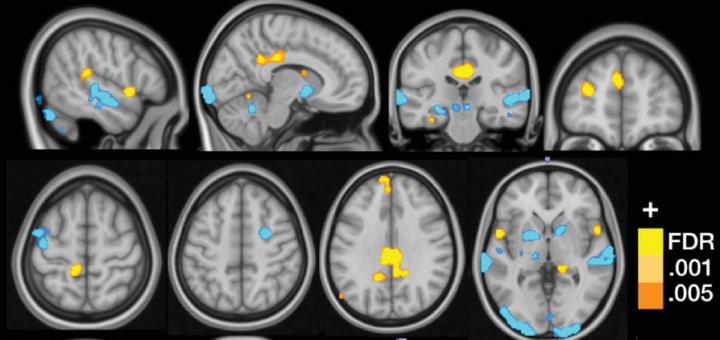Cochrane review failed to identify a single USA trial on the neurologic complications of Lyme disease
by Daniel J. Cameron, MD MPH In a review, published in Cochrane, entitled Antibiotics for the neurological complications of Lyme disease, Cadavid and colleagues identify several trials investigating the effectiveness of antibiotic treatments for neurological Lyme disease in Europe. The authors describe generally favorable outcomes for treating neurologic complications of Lyme disease. “The majority of people […]

















